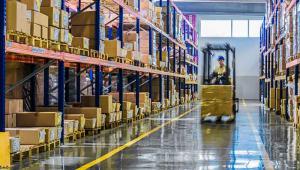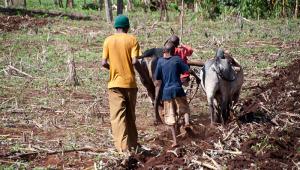Some two billion people globally do not have access to the most basic waste disposal services, resulting in a failure to collect vast amounts of plastic – a key source of marine pollution.
In a policy brief, the Organization for Economic Cooperation and Development said this leads to a significant loss of potential recyclable material each year.
Angel Gurria, OECD secretary-general, said: “We need to support the design, development and delivery of policies to make our use of plastics more sustainable, enabling our societies and economies to reap the benefits of plastic, while avoiding associated impacts on the environment, health and economy.”
The brief calls for ODA to be allocated in ways that support the development of effective systems and waste-treatment infrastructure.
It also recommends the use of overseas aid to strengthen policy frameworks that can drive more investment and trade in waste-collection and recycling services.
Recycling plastics is often relatively costly, the Paris-based organisation said.
Between 14% and 18% of plastics globally are recycled, while between 58% and 62% are disposed of in landfill or discarded in the natural environment.
In 2015, 407 million tonnes of plastic was produced – triple the amount produced in 1990, the OECD report said.
At the current rate, 1,600 million tonnes of plastic will be produced annually by 2050.







